The IdGL maintains institutional partnerships with the following universities and research institutions:
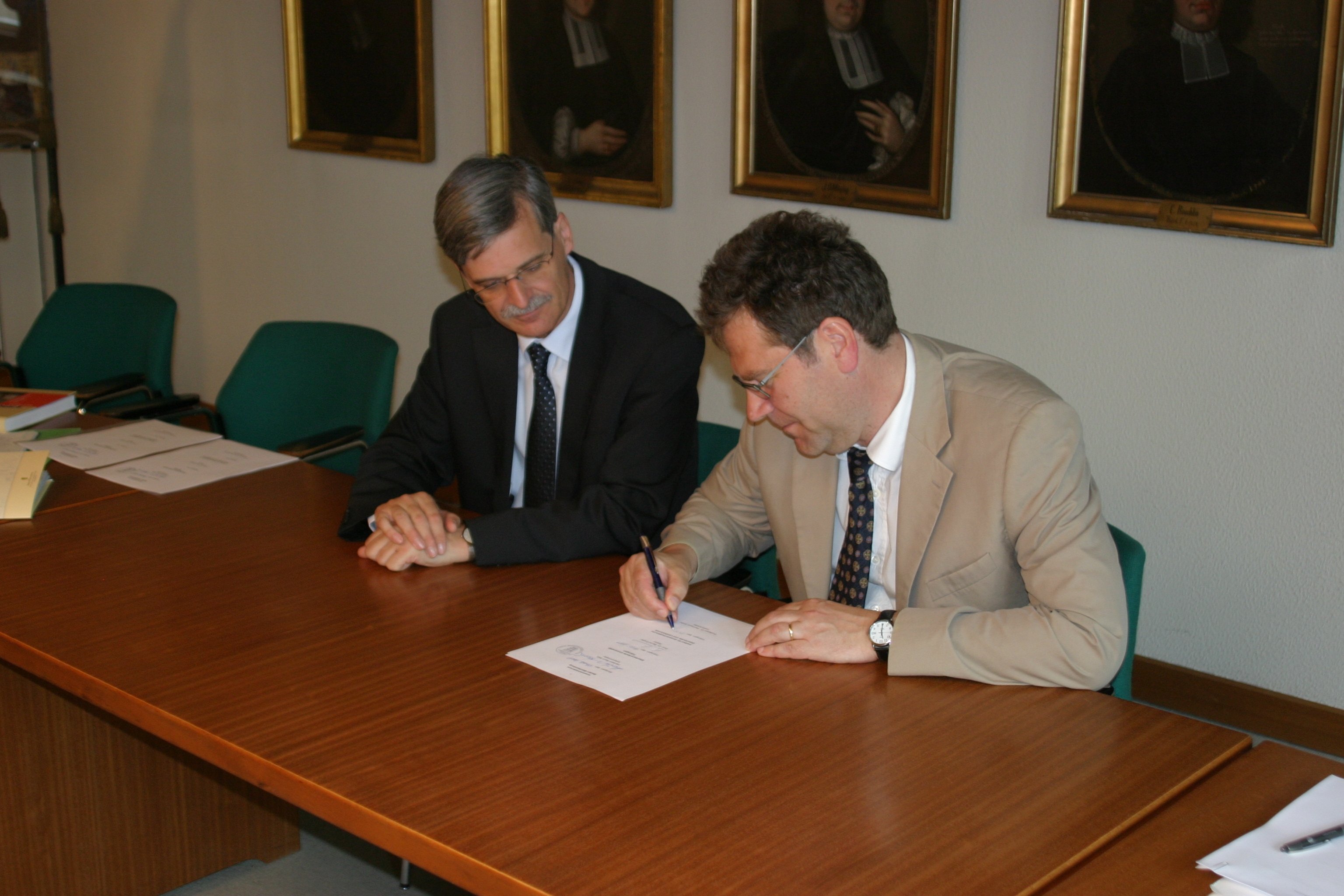
Cooperation between the IdGL and the University of Tübingen
The close cooperation between the IdGL and the Eberhard Karls University of Tübingen has existed since the founding of the IdGL in 1987. In May 2009, this collaboration was placed on a new formal basis through a cooperation agreement.
The agreement governs collaboration in the fields of research, teaching, documentation, and international cooperation.
Key areas of cooperation:
Research:
The goal is to strengthen academic contacts and to conduct joint research projects. Collaborative projects are carried out on an ongoing basis.
Teaching:
The academic staff of the IdGL contribute to the university's teaching program, particularly in the subjects of History, Empirical Cultural Studies, and Literature. Staff members of the IdGL who have completed their habilitation at the University of Tübingen provide accredited teaching and are full members of the relevant faculties.
Documentation:
The University Library has been granted user access to the IdGL’s media holdings, which have been integrated into the university’s OPAC catalog. In addition, the University Library provides various support services for the IdGL Library.
International cooperation:
The IdGL supports the university in its collaborations with archives, libraries, and universities in Southeastern Europe, especially in Croatia, Romania, Serbia, and Hungary. In turn, the university includes the IdGL in its international activities.
Shared use of facilities:
Both institutions have reciprocal access to each other's infrastructure, subject to capacity.
Academic Advisory Board:
The university is represented by a member on the IdGL’s Academic Advisory Board.
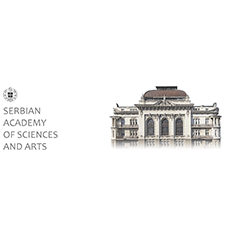
Cooperation between the IdGL and Partner Institutions in Hungary
In addition to its formal institutional partnerships with Eötvös Loránd University (ELTE) Budapest and the Institute for Minority Studies of the Hungarian Research Network (formerly part of the Hungarian Academy of Sciences), the IdGL maintains a wide range of project-based collaborations with various Hungarian partner institutions. These cooperations cover both research and teaching and span multiple academic disciplines.
Selected examples include:
Hungarian National Archives in Budapest.
Cooperation within the framework of the third-party-funded project “Danube Ports.”
- Magyar Néprajzi Múzeum (Budapest) / Hungarian Museum of Ethnography:
Cooperation on the exhibition about Rudolf Hartmann in Budapest. - Institute of German Studies at ELTE Budapest:
Participation of the IdGL in teaching projects, including at Pécsi Tudományegyetem (University of Pécs). - Evangélikus Országos Múzeum és Könyvtár (Budapest) / Evangelical National Museum and Library:
Joint project on “Luther and the Evangelical-Lutherans in Hungary and Transylvania.” - Magyarországi Református Egyház (Budapest) / The Hungarian Reformed Church:
Cooperation in the project “Calvin and the Reformed Tradition in Hungary and Transylvania.” - Pázmány Péter Catholic University (Budapest):
Joint project on “The Council of Trent and its Reception.” - Országos Széchényi Könyvtár (Budapest) / Széchényi National Library:
Cooperation on the research project “Peregrinatio Hungarica”, focusing on the history of Hungarian students at European universities. - MNL Tolna Vármegyei Levéltára (Szekszárd) / Tolna County Archives:
Joint research project on “German Settlement Migration in the 18th Century.”
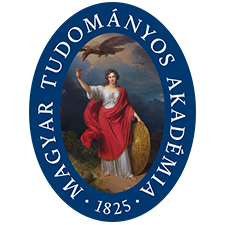
Cooperation between the IdGL and the Institute for Minority Studies of the Hungarian Research Network (formerly Hungarian Academy of Sciences), Budapest
The institutional cooperation between the IdGL and the former Research Institute for Ethnic and National Minorities of the Hungarian Academy of Sciences in Budapest was formally established through a framework agreement in 2010. This agreement laid the foundation for long-term collaboration in both research and teaching.
The aim of the cooperation was to promote academic exchange and to intensify joint activities in the fields of history, geography, ethnology, literature, and language, with a particular focus on the German-speaking population in Southeastern Europe. Key areas of cooperation included:
- Joint research projects
- Organization and hosting of conferences and workshops
- Mutual support in accessing archival resources
- Joint publications, including bilingual editions
- Regular exchange of researchers and students
A concrete result of this cooperation was the research project
“Half Here and Half at Home: The Hungarian-German Minority 1944–1953. A Source Edition,”
conducted between 2012 and 2015.
As part of the project, a bilingual edition of archival documents was produced, focusing on the history of the Hungarian-German minority in the immediate post-war period, with special attention to the migration processes between 1944 and 1953. The sources came from Hungarian, German, British, and American archives.
The project concluded with an international academic conference in 2015.
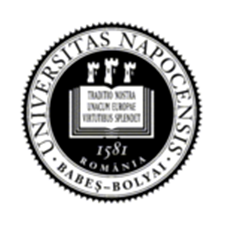
Cooperation between the IdGL and Babeș-Bolyai University Cluj-Napoca (Klausenburg), Romania
The institutional cooperation between the IdGL and Babeș-Bolyai University Cluj-Napoca (Klausenburg) has existed since 2010. It covers both teaching and research. This successful cooperation was renewed in 2025.
From October 9 to 10, 2025, a delegation from Babeș-Bolyai University in Cluj-Napoca visited the University of Tübingen to celebrate the 50th anniversary of the partnership between the two universities. The visit included a ceremony to renew the Memorandum of Understanding (MoU), professional exchange meetings, and a visit the IdGL, which is an important interface between the two universities. Representatives of Department 27 of the Ministry of the Interior were also present at this visit, underscoring the importance of the IdGL for cooperation between the universities and the support provided by the state government. The delegation visit was a great success and laid the foundation for even closer cooperation between the universities in Cluj and Tübingen and the IdGL in the future.
A key research project within this framework was carried out between 2019 and 2023:
“German Language and Culture in Romania 1918–1933: ‘Post-Imperial’ Realities, Public Discourse, and Cultural Fields.”
The project was based at Babeș-Bolyai University in Cluj-Napoca and at the Institute for Socio-Human Research of the Romanian Academy, Sibiu branch.
Within the subproject “The Production of Elites among the German Minorities from Romania 1918–1933,” Dr. Olivia Spiridon coordinated a team of ten researchers and contributed further chapters to the project’s final publication. The results were published in 2023 in two volumes under the title
“Limba și literatura germană din România (1918–1933)”
(German Language and Culture in Romania (1918–1933))
by the renowned Polirom publishing house.
The project was funded by the Romanian Academy of Sciences.
Trilateral cooperation with the Universities of Budapest and Cluj-Napoca
The Danube region and Southeast Europe as a whole have long been significant areas of research for questions related to cultural diversity, historical processes, and social transformations. For many years, close institutional and personal cooperation has existed between Eötvös Loránd University in Budapest, Babeș-Bolyai University in Cluj-Napoca, and the University of Tübingen. This partnership is reflected in joint research projects as well as in regular student exchanges. Both university-based and non-university research institutions benefit greatly from these collaborations.
A particular milestone in this cooperation was the organization of a trilateral series of summer academies, which significantly strengthened academic exchange between the partner institutions. Made possible by the rectorates of the three traditional universities, three thematically connected summer academies were held between 2016 and 2018:
- 2016 in Tübingen:Empire and Diversity. The Habsburg Monarchy in the Long 19th Century
- 2017 in Budapest:Nation/State/Diversity in the Danube Region, 1918–1948
- 2018 in Cluj-Napoca:Diversity Beyond the Nation/State (1948–2013)
More than 60 students and numerous renowned scholars took part in these intensive programs, engaging in discussions on history, literary studies, and cultural anthropology in the context of the Danube region.
As a further outcome of this successful cooperation, a joint edited volume is currently in preparation. This publication will bring together the findings and discussions from the summer academies and make them accessible to a broader academic audience.
This trilateral cooperation stands as a prime example of the IdGL’s interdisciplinary and international approach to research and teaching.
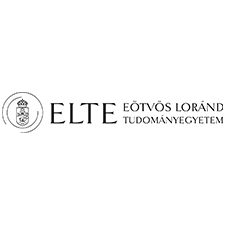
Cooperation between the IdGL and Eötvös Loránd University (ELTE) Budapest, Hungary
The institutional cooperation between the IdGL and Eötvös Loránd University (ELTE) in Budapest was formally established through a framework agreement signed in 2012.
The cooperation builds on several years of previous academic exchange and aims to intensify collaboration between the IdGL and various institutes at ELTE, in particular:
- The Institute of History
- The Research Center for German Minorities in Hungary
- The Institute of German Studies
- The Institute of Folklore
The focus of the cooperation lies in the study of the German-speaking population in Southeastern Europe, their relationship with the multiethnic environment of the region, and the exchange processes between Southeastern Europe and the German-speaking areas of Central Europe.
Key areas of cooperation include:
- Joint research projects
- Organization of conferences and workshops
- Mutual support in accessing archival resources
- Joint publications, including bilingual editions
- Regular exchange of institutional publications
- Reciprocal academic visits
- Exchange of researchers and students
The framework agreement provides for regular evaluation of the cooperation and the planning of future joint projects.
Trilateral cooperation with the Universities of Budapest and Cluj-Napoca
For many years, close institutional and personal cooperation has existed between Eötvös Loránd University in Budapest, Babeș-Bolyai University in Cluj-Napoca, and the University of Tübingen. This partnership is reflected in joint research projects as well as in regular student exchanges. Both university-based and non-university research institutions benefit greatly from these collaborations.
A particular milestone in this cooperation was the organization of a trilateral series of summer academies, which significantly strengthened academic exchange between the partner institutions. Made possible by the rectorates of the three traditional universities, three thematically connected summer academies were held between 2016 and 2018:
- 2016 in Tübingen:Empire and Diversity. The Habsburg Monarchy in the Long 19th Century
- 2017 in Budapest:Nation/State/Diversity in the Danube Region, 1918–1948
- 2018 in Cluj-Napoca:Diversity Beyond the Nation/State (1948–2013)
More than 60 students and numerous renowned scholars took part in these intensive programs, engaging in discussions on history, literary studies, and cultural anthropology in the context of the Danube region.
As a further outcome of this successful cooperation, a joint edited volume is currently in preparation. This publication will bring together the findings and discussions from the summer academies and make them accessible to a broader academic audience.
This trilateral cooperation stands as a prime example of the IdGL’s interdisciplinary and international approach to research and teaching.
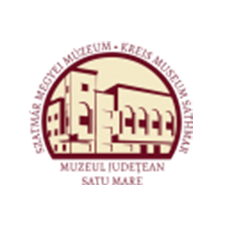
Historical Museum of the Sathmar District
There has been a long-standing collaborative research partnership between the IdGL and the Satu Mare County Museum, with a focus on the Satu Mare region and the Sathmar Swabians. One notable example is a project on multiculturalism and ethnic identity in the Upper Tisza region, which resulted in both an exhibition with an accompanying catalogue and an edited volume published in 2003. In addition, a jointly published volume on interethnic relations in the Romanian–Hungarian–Ukrainian contact zone from the eighteenth century to the present should be mentioned.
In the past, several scholars from the Satu Mare region conducted research at the IdGL as fellowship holders. For the years 2026/2027, the publication of extensive source volumes on the history of the Sathmar Swabians during the interwar period is also planned. These volumes will be published in cooperation between the IdGL, the Satu Mare County Museum, and the George Barițiu Institute in Cluj.
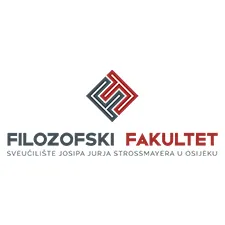
Cooperation between the IdGL and the University of Osijek (Croatia)
The cooperation between the IdGL and the Faculty of Humanities and Social Sciences at the Josip Juraj Strossmayer University of Osijek (Croatia) was formally established through a framework agreement in 2025.
This agreement builds on the previously successful collaboration between the two institutions and reflects their shared desire to further expand and deepen their relationship.
Goals and Areas of Cooperation:
The primary goal of the framework agreement is to promote academic exchange and to intensify collaboration in the fields of history, political science, ethnology, literature, and language.
Key focuses include:
- Research on the German-speaking population in Eastern Croatia
- Their relationships with the region's multiethnic environment
- Academic exchange between Southeastern and East-Central Europe and the German-speaking regions of Central Europe
Planned and Existing Forms of Collaboration:
The cooperation includes the following areas:
- Implementation of joint research projects
- Organization and hosting of conferences and workshops
- Joint publications
- Exchange of researchers and students
The IdGL has already actively participated in academic conferences and publications in Osijek. Both institutions look forward to continuing this fruitful collaboration, with a particular focus on student exchange and the exchange of early-career researchers.
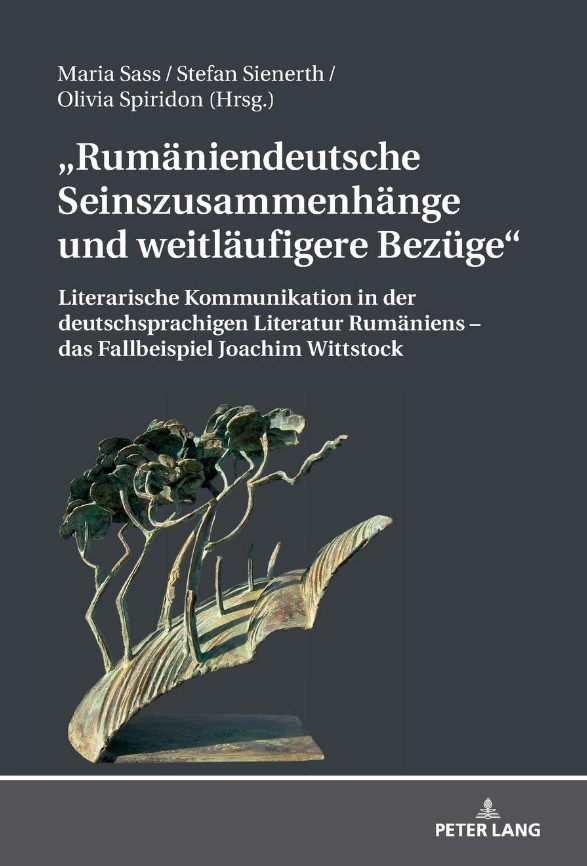
Cooperation between the IdGL and the Lucian Blaga University of Sibiu (Hermannstadt), Romania
The cooperation between the IdGL and the Lucian Blaga University of Sibiu (ULBS) goes back more than a decade and has been formally established by a cooperation agreement since 2025. It covers both teaching and research.
The joint research includes projects from the Early Modern Period, contemporary history, and literary studies. Notable examples include:
Critical Edition on the Landler Transmigration (2015):
As part of the IdGL-ULBS cooperation, the first publication from 1834 was edited and commented:
Joseph Ettinger: “Kurze Geschichte der ersten Einwanderung oberösterreichischer evangelischer Glaubensbrüder nach Siebenbürgen”
(Ed.: Mathias Beer, Hermannstadt/Bonn 2015).
Literary Studies Anthology (2019):
On the occasion of Joachim Wittstock’s 80th birthday, the following anthology was published:
“Rumäniendeutsche Seinszusammenhänge und weitläufigere Bezüge: Literarische Kommunikation in der deutschsprachigen Literatur Rumäniens – das Fallbeispiel Joachim Wittstock”
(Editors: Maria Sass, Stefan Sienerth, Olivia Spiridon).
Contemporary History Migration Project (2017–2024):
The project examined how the cultural heritage of the German minorities from Romania was handled following their near-complete emigration since the 1940s.
Project phases included:
- An international conference in Sibiu (October 2017)
- Publication of the conference proceedings in Romanian:
“Germanii den România. Migrație și patrimoniul cultural după 1945” (Bucharest 2019, Eds.: Mathias Beer, Sorin Radu, Florian Kührer-Wielach) - Completion of the project with the German-language publication:
“Migration und kulturelles Erbe. Das Beispiel der deutschen Minderheiten in und aus Rumänien” (Göttingen 2024, Eds.: Mathias Beer, Sorin Radu).
Staff members of the IdGL regularly give lectures and seminars at the University of Sibiu, especially in the fields of literary studies (Dr. Olivia Spiridon) and contemporary history (Dr. habil. Mathias Beer, Visiting Professor at ULBS), with a particular focus on nation, nationalism, and minorities in Europe, especially Southeastern Europe. The cooperation also includes the exchange of students and researchers. Several students, doctoral candidates, and postdocs from Sibiu have come to Tübingen through DAAD and Erasmus programs as well as the IdGL scholarship program.
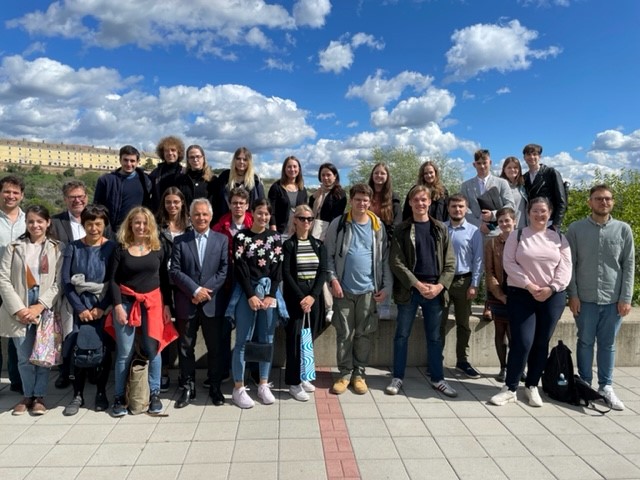
Cooperation between the IdGL and the University of Novi Sad (Serbia)
The cooperation between the IdGL and the Faculty of Philosophy at the University of Novi Sad was formally established through a framework agreement in 2025. This agreement builds on an already well-established and growing academic partnership.
Goals and Focus Areas of the Cooperation:
The framework agreement aims to promote academic exchange and to intensify collaboration in the fields of history, political science, ethnology, literature, and language.
Key areas of focus include:
- Research on the German-speaking population in Southeastern and East-Central Europe
- Their relationships with the region’s multiethnic environment
- Academic exchange between Southeastern and East-Central Europe and the German-speaking areas of Central Europe
Forms of Collaboration:
The cooperation includes:
- Joint research projects
- Organization and hosting of conferences and workshops
- Joint publications
- Exchange of researchers and students
A particularly noteworthy example of this active collaboration was the visit of a group of students from the University of Tübingen to the University of Novi Sad in 2022. This visit took place as part of Novi Sad’s year as European Capital of Culture, during which joint seminars and cultural activities were organized to strengthen the ties between the two institutions.
On the project level, collaboration continues: The University of Novi Sad’s sociologists are involved in an international research project on Danube ports as places of social, economic, and cultural interaction, working together with the IdGL and research partners from Budapest.
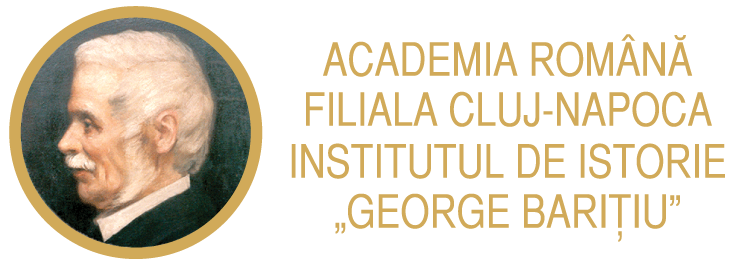
The cooperation between the George Barițiu Institute of History at the Romanian Academy of Sciences, Cluj-Napoca branch, and the IdGL was renewed in 2025. The collaboration between the two institutions took concrete form in the form of invitations to the conference “Traditions, National Identities, and State Building in East-Central Europe,” which was organized by the George Barițiu Institute of History on October 16–17, 2025. Prof. Dr. Reinhard Johler gave the keynote lecture entitled “Writing an a-national history in the age of nationalism: Theoretical assumptions and empirical examples (in Central and East Central Europe)”. Dr. Cristian Cercel participated in the panel “Cultural Transfers, Constructing Identities, and Political Mobilization within the German Minorities in East Central Europe,” where he spoke on “‘Alsatians’ and ‘Lorrainians’ in Banat: The Franco-German Entanglements of Banat Swabian Identity Constructions (1919-1949).
In addition, the IdGL is involved in numerous formally established cooperation projects with national and international universities, research institutes, museums, and other academic institutions.